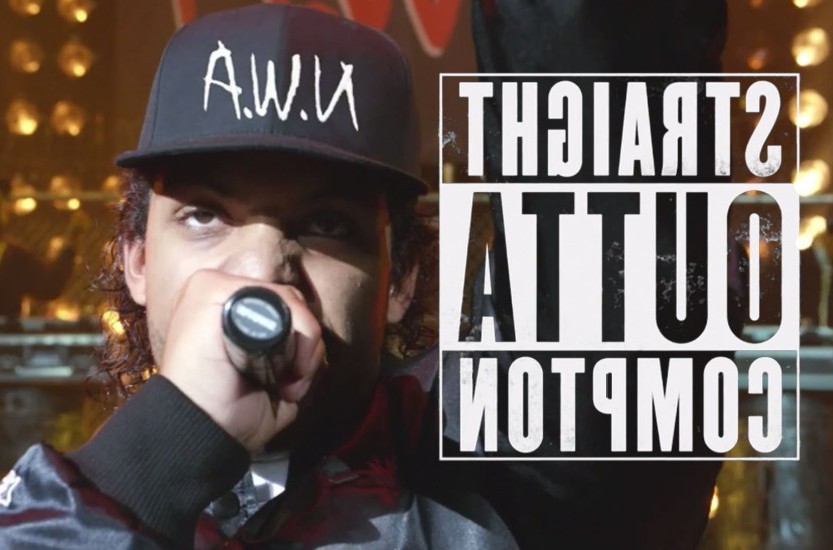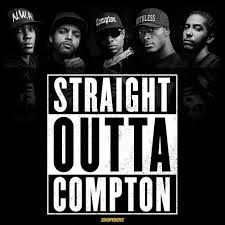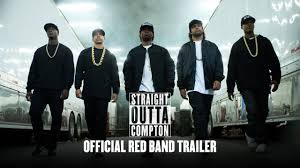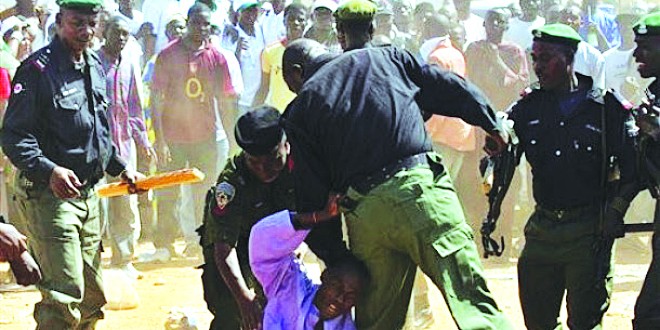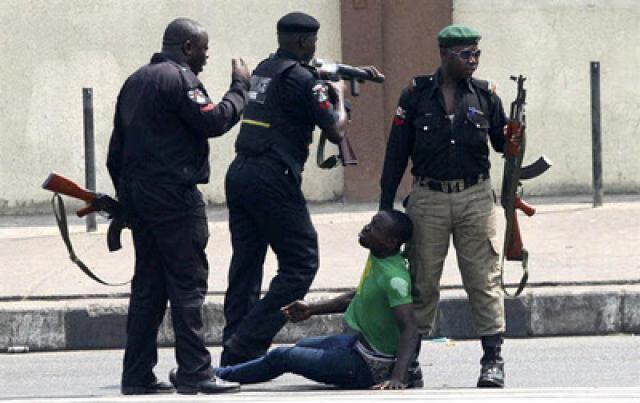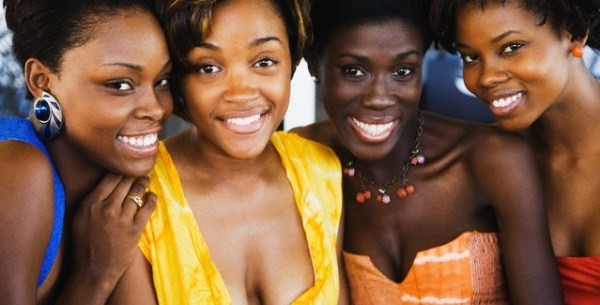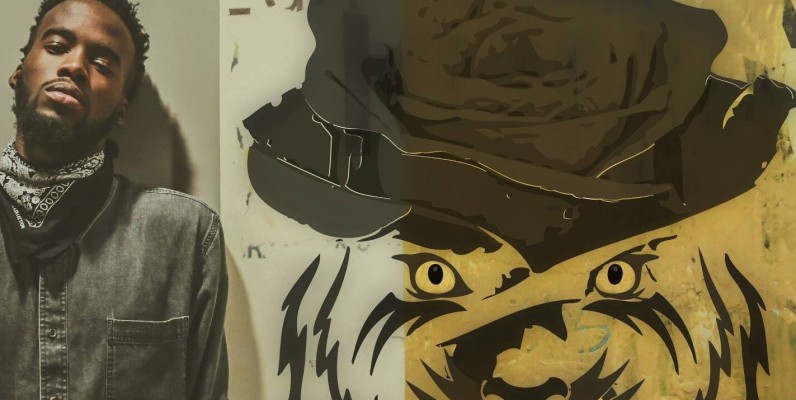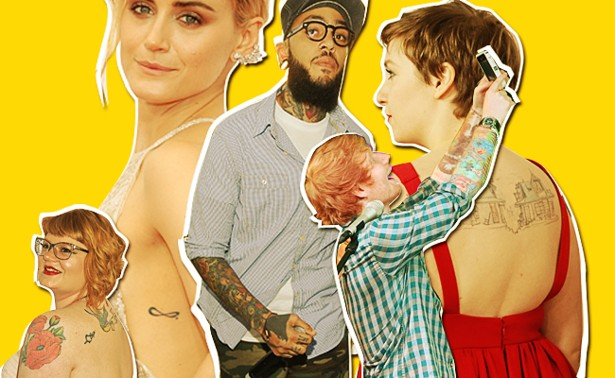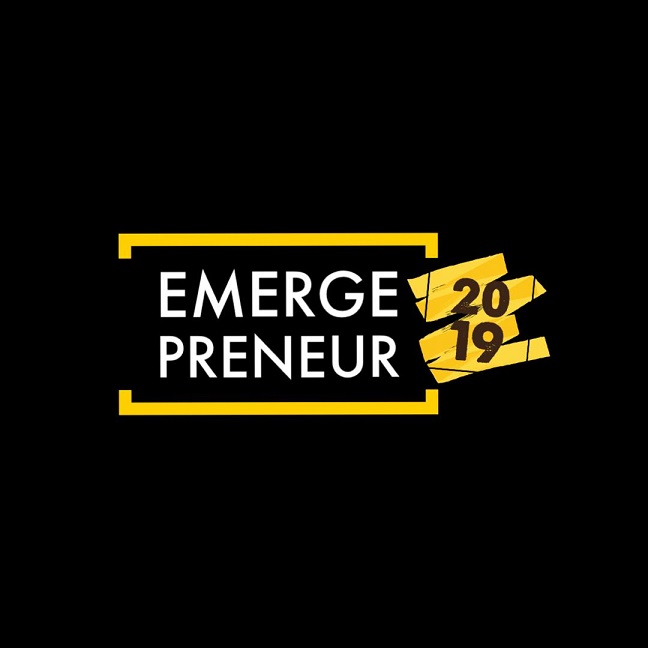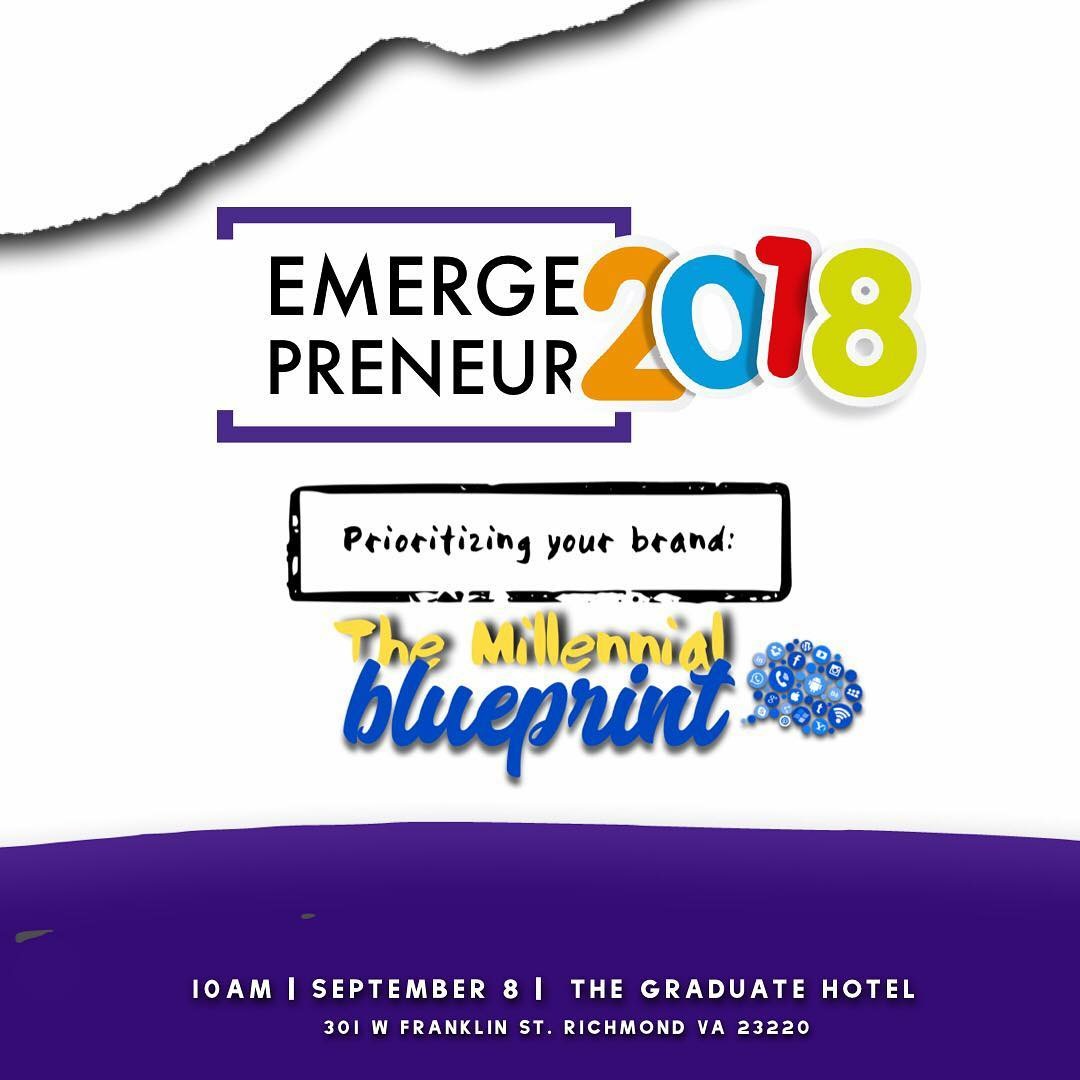What “Straight Outta Compton” taught a young Nigerian
Race relations in the United States have been a long running battle. Contrary to what the recent swell in public debate on social media might…
Race relations in the United States have been a long running battle. Contrary to what the recent swell in public debate on social media might have you believe, this issue did not begin today. Police brutality against black people in the United States has been prevalent for a long time – best exemplified by the Rodney King incident in 1992 which sparked mass riots in Los Angeles. Nevertheless, we live in an age where information sharing is much simpler than what obtained in the past. With the advent of new media platforms such as Twitter and Instagram, there is a lot more publicity – and therefore public scrutiny accompanying the actions of the police. This is certainly welcome.
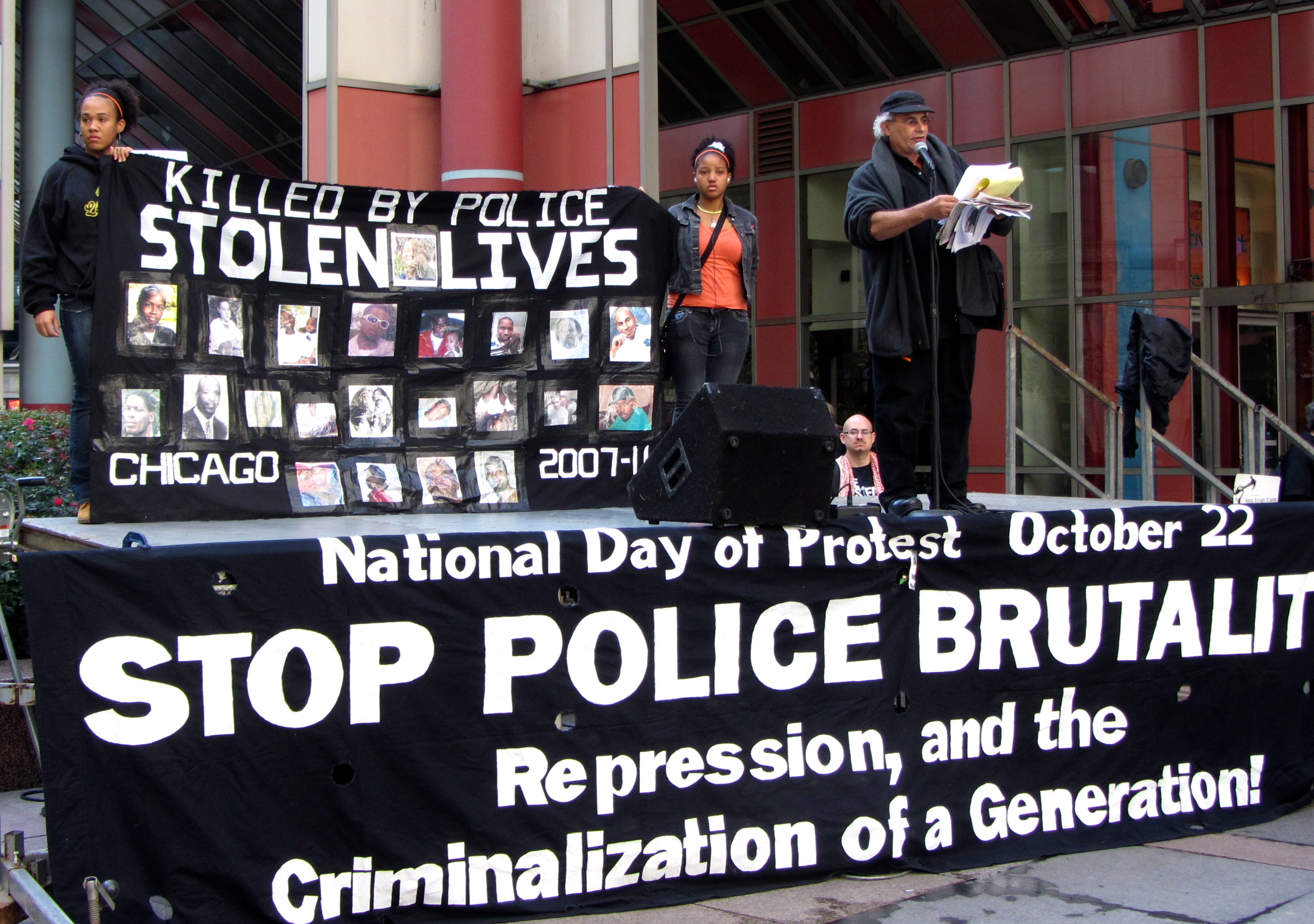 For too long, many individuals in the worst hit areas by police brutality had been unable to claim a media space to contribute enough to shape the discussion. Thus, for the vast majority of impersonal observers, both in the United States and abroad – like me, it was almost ludicrous to believe that the police could have constantly purposefully do wrong. Coupled with commentaries by outlets such as fox news, one could begin to assume that the police were the victims in these situations.
For too long, many individuals in the worst hit areas by police brutality had been unable to claim a media space to contribute enough to shape the discussion. Thus, for the vast majority of impersonal observers, both in the United States and abroad – like me, it was almost ludicrous to believe that the police could have constantly purposefully do wrong. Coupled with commentaries by outlets such as fox news, one could begin to assume that the police were the victims in these situations.
Should we be blamed for ever entertaining such thoughts? Well, yes. There is never an excuse for failing to acquaint oneself with all the facts before reaching a conclusion. However, the knowledge one requires, in order to have a balanced view of the root causes are often deliberately tilted to favour a particular narrative. Although several pieces sought to challenge this single story, especially in the aftermath of the most recent killings (Eric Garner, Michael Brown, the list goes on) the tense conditions under which they were penned deprived the stories from being able to provide the necessary nuance, especially to foreign readers.
This leads to the importance of unconventional art forms to tell stories, for stories are important when they help socialise/impart knowledge. Take the recent movie: ‘Straight Outta Compton.’ Caveat: this piece is not looking to review the artistic talent in the movie’s delivery. Instead the piece appreciates the braveness in talking about a matter which is often skirted. The movie’s sub-plot described the tense relationship that exists between young black men in the United States and the police force. The message is real and achieves empathy and understanding from the viewer without seeking to sanctify some of the negative actions of the youth. You see, the underlying problem is the unequal treatment that the law in America offers to people of colour within certain class systems. This is problematic. When next you see people protesting on the street, it should be clear that, no one is asking for criminals to run free. No. The demand is instead for equality before the law and dignity in how the law treats individuals of colour.
I am not holding myself out as an authority on this matter. It would be disrespectful to appropriate another’s struggle and dictate what should be done. However, as a young Nigerian in Lagos, ‘Straight Outta Compton’ helped me empathise much better with the cries of a Mike Brown when felled by a policeman. To explain the killings simply as a matter of race is not incorrect, but I fear it will not tell a complete story – as it will fail to answer my own personal situation of Nigerian police brutality. My earliest memory about the Nigerian police, was laughing at the absurdity of the ‘the police is your friend’ tag which seems to line every police station in the country. We endlessly hear of the Nigerian police killing individuals on a daily basis. We have become sensitized to these cases; we always know the excuse – ‘accidental discharge.’ But by providing nuance in this movie, many observers without first-hand experience of the situation can begin to appreciate the role which race might play in America, amongst other issues. Similarly, we in Nigeria should also begin to provide nuance to the world as to why our own police force fail to be our friends, despite sharing the same skin colour down here.
In essence, art forms must understand the responsibility they bear. Beyond entertainment, they must educate. Whether advertently or inadvertently, this movie educated me, in its own way, and led me to find out more about the relationships between the American police and young African-American men. If nothing else was achieved, it convinced a young Nigerian to consider an alternative story to the recent arguments for police brutality. Art should educate. Art should influence.
Disclaimer: The views, opinions and positions expressed by the authors and those providing comments, opinions on this website are theirs alone, and do not necessarily reflect the views, opinions or positions of M-Lifestyle and their affiliates. M-Lifestyle does not claim ownership of any images used, unless otherwise specified.
![]()
